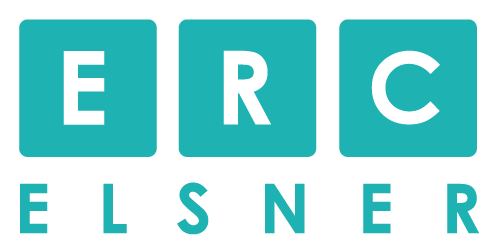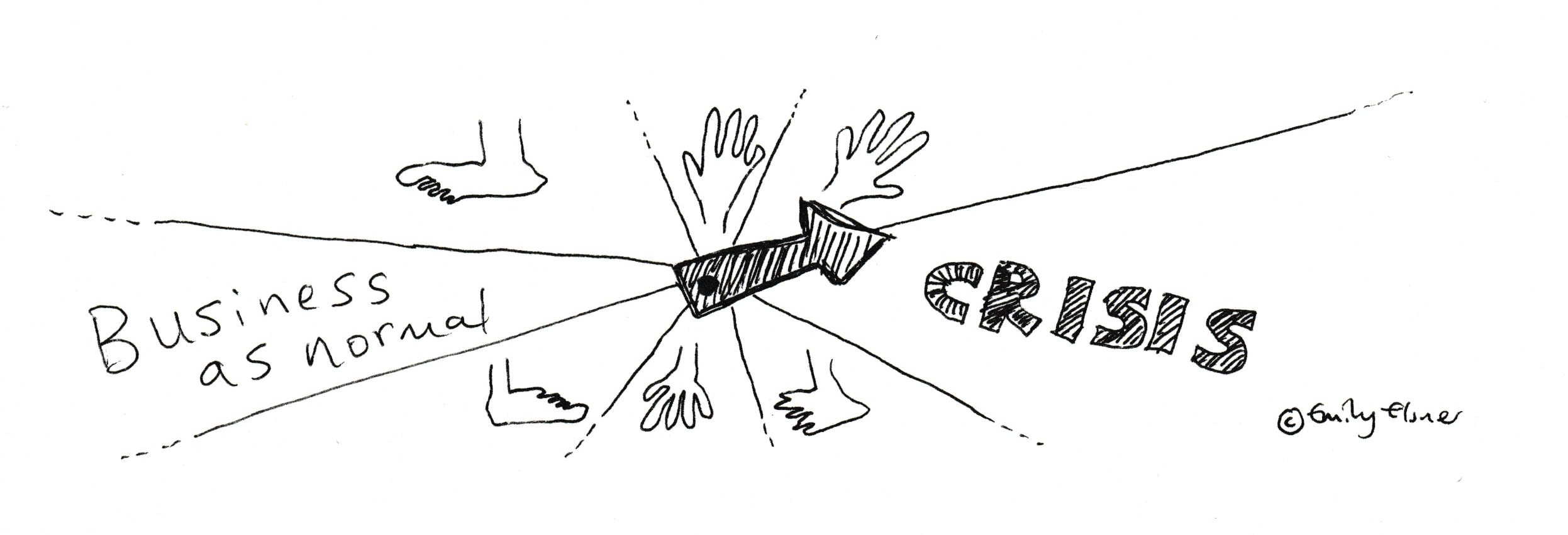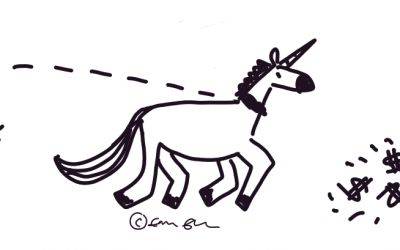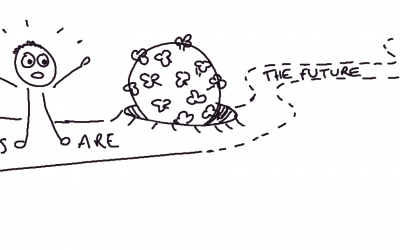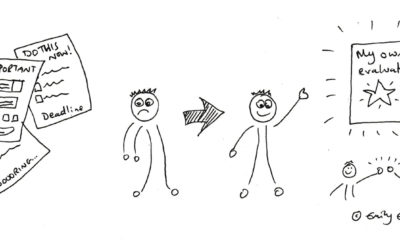The current pandemic is posing some incredible logistical and practical challenges for non-profits, small businesses and anyone involved in face-to-face interactions, as customers and clients disappear and projects and businesses pivot rapidly to online working. For projects and businesses that work with specific groups of beneficiaries who are in some way vulnerable, this period has extra concerns: not only may you be personally handling the home-working-schooling-24/7-family-time aspect, but you are also responsible for delivering something of value to a group of people who are in real need of what you offer.
So how can you ensure that your pivot to digital working captures the key benefits that you were delivering, without overwhelming your team or compromising on quality?
This is when a strong evaluation and impact measurement approach is valuable:
- It will tell you what people most value about your work
- It can help you prioritise how to redesign and deliver the work you do in a new way that is adapted to the new situation
For example: you run an education programme. Suddenly, due to the pandemic (or another crisis), your in-person, very interactive programme has to switch to being entirely online as all workshop venues have shut.
How can you make sure that you cover the workshop topics whilst providing the dynamic sessions that you would have delivered had you met in person?

Drawing on your evaluation of your previous programmes, you might decide to
- Focus only on 2-3 core topics, which were consistently rated as the most useful by previous participants
- Leave out several not-so-highly valued topics
- Put time into researching online activities that help build confidence, as this aspect of the programme is also highly valued by previous participants.
Instead of trying to do everything, you have drawn on your evaluation data to rapidly adapt your programme, confident that you are delivering the most valuable content whilst maintaining quality and developing the community spirit that is a core part of your brand. You also have time to focus on clear communications with participants, to manage expectations and to support them with the transition, without overwhelming your team, who have new childcare duties which have reduced their availability.
For example: your firm sells products made by people in vulnerable situations. When the crisis hits, your outlet shops close, and the income generated for the makers is gone. You have to rapidly switch to an exclusively e-commerce platform (which is already complex to set up if you had not previously implemented it) and persuade people to keep purchasing your products.
Drawing on your evaluation of customer interests and on your sales data, you are able to:
- Pinpoint the three most popular products, and shape a refreshed narrative for online marketing around these, focusing on the maker, and how the purchase supports that person at this time, because you know that your customers are interested in the human side of their product.
- You also talk to the makers about what they can produce, and work with them to design 2 new products that will be available for a limited period only, that can be sold with a premium to help with fundraising through the crisis period.
Using your data, you have been able to rapidly create 5 strong product stories to help you engage with customers and encourage them to continue supporting your makers during this difficult period.

Evaluation is sometimes seen as a luxury – something for when you have time and/or money – or as unnecessary, because ‘you know you are doing it right’. But when it comes to a crisis, the more data and information you have about what people most value about your work, the easier it is for you to rapidly pivot and make a success of a transition to a new way of working.
If you are realising that this aspect of your business or project is currently weak or missing, please let me know. I am at your team’s disposal for any question or implementation of evaluation that you may need to incorporate on the go!
Good luck with your pivoting and adaptation, and stay healthy!
